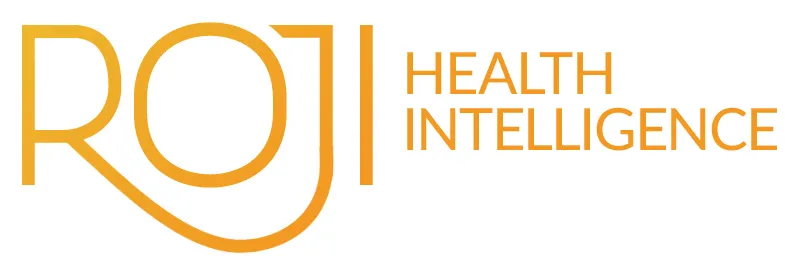Clinical research with randomized trials (RTs), as opposed to basic or bench research, is the science of comparison. RTs ask a fundamental question: Is “x” better than “y”? They do more than observe how treatments work; they also require methods that control the research environment. Finding an independent contribution of one action over another demands […]
How Providers Must Improve Value in Women’s Health
Writing the Roji Health Intelligence® series on gender disparities and other women’s health issues has been a revelation. As a woman who has worked in so many parts of the health care industry, I was already aware of basic gender disparities, risk levels, incidence of disease, and economic issues that are predominant among women. Most […]
If Not Now, It’s Too Late: More Clinical Science Pitfalls and a Path to Improvement
Let’s review three major vulnerabilities with how randomized trials (RTs) are conducted, as discussed so far in this series. Critically appraising a research study involves determining the “internal and external” validity. Internal validity deals with the conduct of the study, per se. External validity deals with whether the study’s findings can be generalized to others […]
When Women Call Out Medical Gaslighting, Providers Lose the Whole Family
A smart business would not deliberately blame customers for needing their services or accuse them of spinning fictions. A business dependent on customer loyalty and engagement for their success—and what business doesn’t?—would normally pay close attention to customer concerns in social and mainstream media. All the more so in health care, where the needs are […]
If Not Now, It’s Too Late: Clinical Science Is Futile If We Study the Wrong Population
In 1936, the Literary Digest, a respected national magazine, undertook a public opinion poll. Who would win the race between Republican Alfred Landon, governor of Kansas, and Democratic incumbent Franklin D. Roosevelt? Mock ballots were mailed to 10 million Americans. About 2.4 million responded—one of the largest survey samples ever created. Their prediction? Landon would […]
If Not Now, It’s Too Late: Clinical Science Needs Fixing
In 1967, the year I graduated from high school, my family’s television required “rabbit ear” antennae with perched aluminum foil. Our farming family had little time to watch TV, but when we did, the ritual included a side trip to reset the antennae’s angle to ensure good reception. Today, I watch a clear picture on […]
Conflict of Interest in Medical Practice Is Hardwired: Unless We Acknowledge It, Nothing Will Change
In philosophy class, we were asked to choose which of two children falling out of a boat, unable to swim, should we save. Kant believed all people share the same moral equivalency, and a choice cannot be made to save one or the other based on morality. They must be treated the same. This question […]
Can ACO Population Health Solve Patient Engagement?
Personal attitudes inform our strategies for improving patient health. As ACOs move forward in Value-Based Health Care, attitudes about patients and providers set the stage for collaboration or conflict. And with ACOs taking on financial risk for patients, those attitudes and strategies can make the difference between success and failure. As we discussed in a […]
ACO Population Health Best Practices: More Respect for Physicians and Patients
How important is it to agree on principles and best practices for population health? More important than most providers believe, and here’s why: Population health can be a powerful engine for improving patient outcomes and cost performance in Value-Based Health Care. Failure to create a standard of population health practices means that every ACO or […]
Consumers Want More Value from Value-Based Health Care: Why Providers Need to Listen
The dramatic rise in personal costs for health care services and coverage, sharpened by political battles over affordable care, is driving consumer health care activism to a new level. Voter projections indicate that health care will be the largest single voting issue in the 2018 mid-terms, with 30 percent of voters saying their decisions will […]










